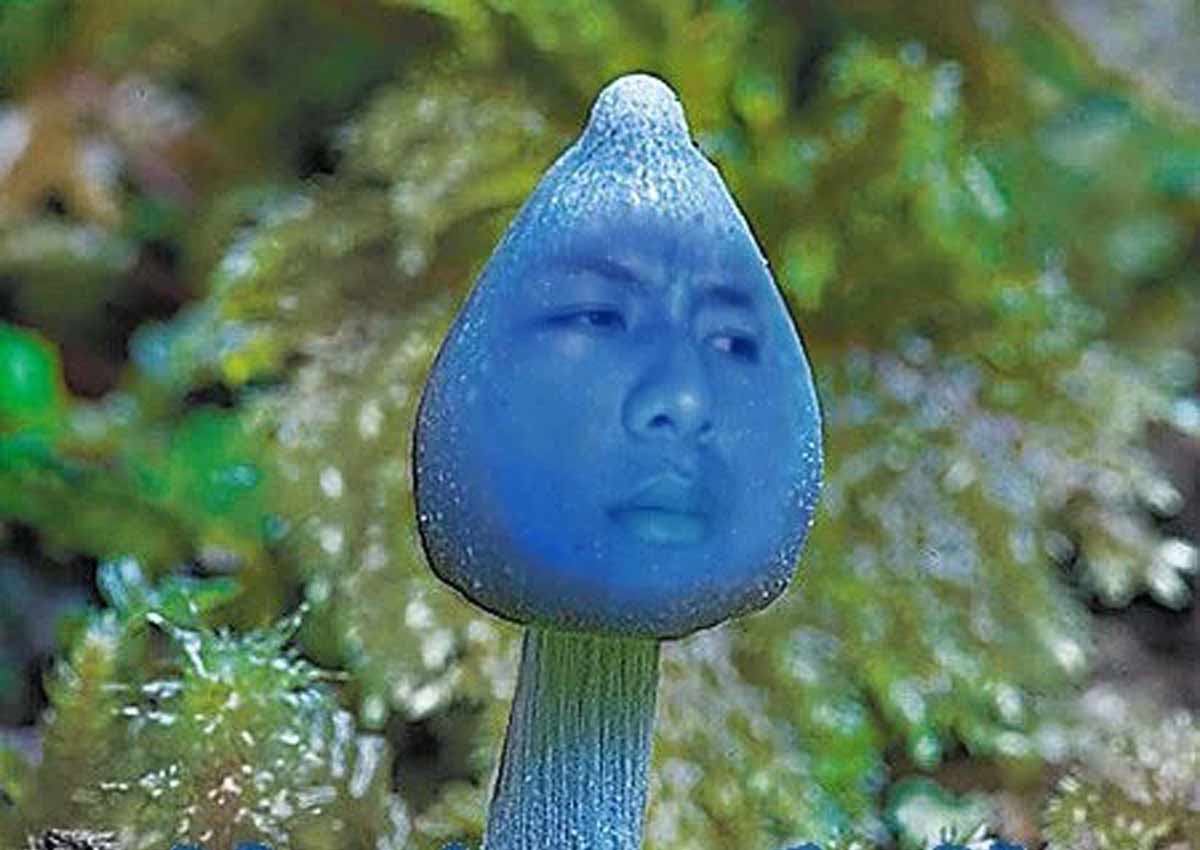When out of the blue the word lanshouxianggu began trending on Chinese social-networking sites, many internet users were left scratching their heads.
Lanshouxianggu literally means blue thin chestnut mushroom but it made no sense to users. In case you are wondering what the whole fuss is about, a company in Shenzhen registered its name as blue thin chestnut mushroom, or lanshouxianggu, on Oct 13.
Just to make it more confusing, the company’s main business includes equipment manufacturing, trade and engineering.
It’s not the first time that internet memes have been registered as trademarks.
On Aug 8, Chinese female swimmer Fu Yuanhui said “I’ve been using honghuangzhili” indicating she had used up all her strength, the word went viral. Honghuangzhili, which means pre-historical force, was registered as trademark two days later.
On Aug 29, Wang Jianlin, China’s property tycoon, said “You have to set a small goal like making 100 million first” in a TV show which the internet on fire. Zhuantayigeyi, or making 100 million, was registered as a trademark a week later.
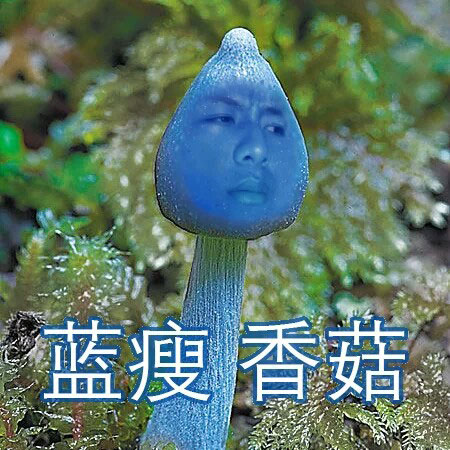
The reference to lanshouxianggu comes from a video clip that went viral where a young man in Nanning, Guangxi Zhuang autonomous region, complains to his girlfriend with in Mandarin but with his strong local accent.
In the video, he cries out lanshouxianggu repeatedly in local accent, which in fact means upset (lanshou) and wanna cry (xianggu).
His accent and lyrical tone gave the video a vibe of humour and swept social media immediately. People photoshopped his sad face on a blue small mushroom image.
Some websites with more scientific bent of mind, such as guokr.com, China’s premiere popular science website, did discover the fact that blue mushrooms do exist in the nature and were not merely magic of photoshop.
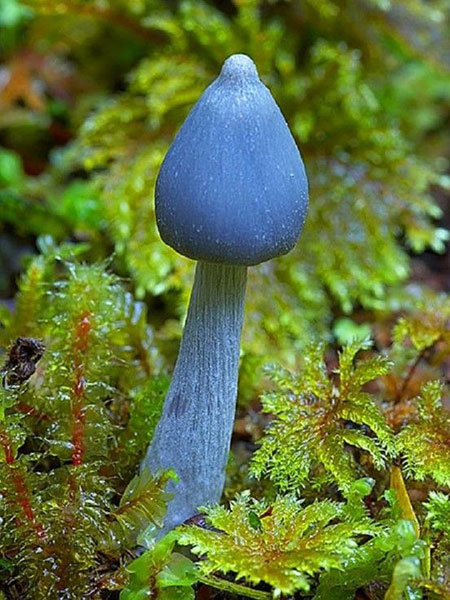
Meet Entoloma hochstetteri, or sky blue mushroom, a kind of blue fungus whose stem’s diameter is just 5 millimeter. It was first discovered in New Zealand.
The country even selected the image of the blue mushroom on its banknote with face value of NZ$50 (S$49) to show the nature diversity in the country.
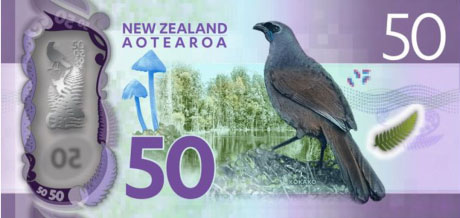
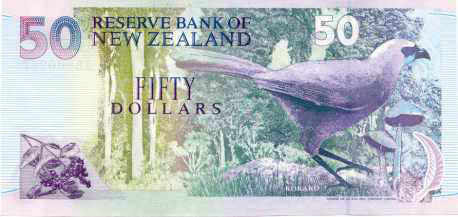
In 2002, New Zealand post even released a commemorative stamp.
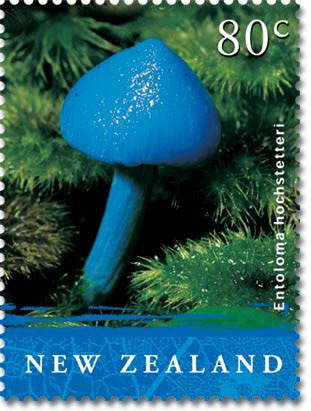
And for foodies who want to eat it: no, it is not edible and most species of this kind are poisonous. Leave them alone.
Are you lanshouxianggu now?
